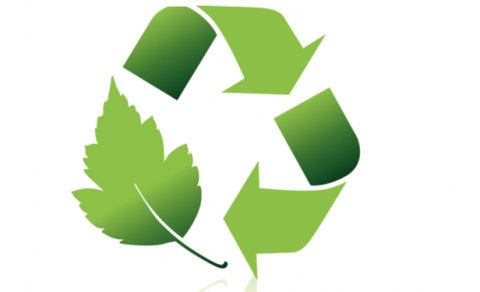Minneapolis Convention Center Unveils New Client Sustainability Reports for 2018

The Minneapolis Convention Center (MCC) has rolled out a new initiative to help event planners understand and minimize the environmental impact of their events: client sustainability reports.
According to MCC officials, these customized reports will provide event planners with detailed analysis on energy and water usage, as well as how much material was recycled by each conference, meeting or trade show.
“Limiting our environmental impact is extremely important and our success is interconnected with the groups that hold their events with us,” said Mark Zirbel, director of facility and event services at the MCC.
He continued, “Waste is sorted and accounted for, so we have the data available. Sharing that detailed information with meeting planners and event coordinators arms them with valuable insights. It also allows them to see their success or how they could be more proactive in making a positive impact on the environment.”
The Midwest Poultry Federation, which held its 2018 Annual Convention at the MCC in March, was among the first to receive a tailored event sustainability report. Their report showed that sustainability efforts reduced the carbon impact of the event by 50 percent – the same amount of carbon offset by 30,345 trees in one year.
To help planners put their numbers into context, MCC’s client sustainability reports use visuals, including trees and animals.
“Our attendees are poultry farmers and they work hard every day to reduce their carbon footprint on the farm,” said Lara Durben, MPF assistant executive director.
She added, “They will be very interested to see how the responsible use of water and energy along with the recovery of waste from our show makes a big difference to MCC’s overall sustainability program.”
Other examples of MCC’s recent green achievements include:
- In 2017, the facility produced 1,037 tons of waste, equal to the weight of 259 elephants, while staff recycling efforts recovered 61 percent of that waste, or 158 elephants.
- In 2017, the MCC used enough energy to power 790 U.S. homes for one year. Through energy conservation, the facility has reduced its energy use by 13 percent since 2009 – enough to power 116 U.S. homes for one year.
“The Minneapolis Convention Center is a 1.6-million square foot facility that hosted 380 events in 2017,” said Jeff Johnson, MCC executive director. “By using our resources responsibly, we make a positive impact on our natural environment in this beautiful state.”
MCC began tracking its recycling efforts in 2012, when its recycling rate was 41 percent.
By posting quarterly results, employees – who are considered integral to the success of the recycling program – see how their efforts can significantly impact the facility’s sustainability numbers.
MCC staff has embraced the program, which has allowed the convention center to reach its goal of a 60 percent recycling rate, according to MCC officials.
In addition to client sustainability reports, ongoing initiatives at the facility include a roof-top solar array; a storm water run-off system that can divert 5 million gallons of untreated run-off from the Mississippi River every year; LED digital signage and water bottle refilling stations to discourage the use of single-use water bottles.
The Minneapolis Convention Center is also LEED certified and has earned Green Meetings Industry Council certification.
To learn more about the MCC’s sustainability efforts, go HERE.
Don’t miss any event news! Sign up for any (or all) of our e-newsletters HERE & engage with us on Twitter, Facebook, LinkedIn & Instagram!


Add new comment